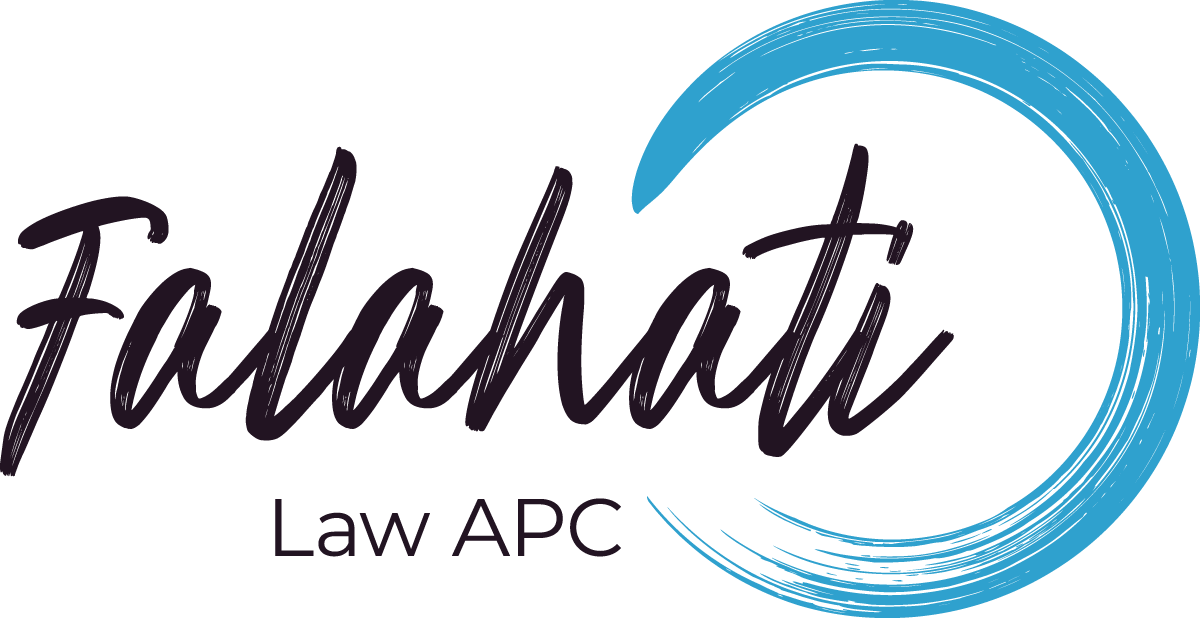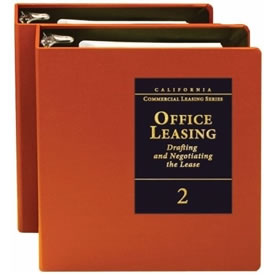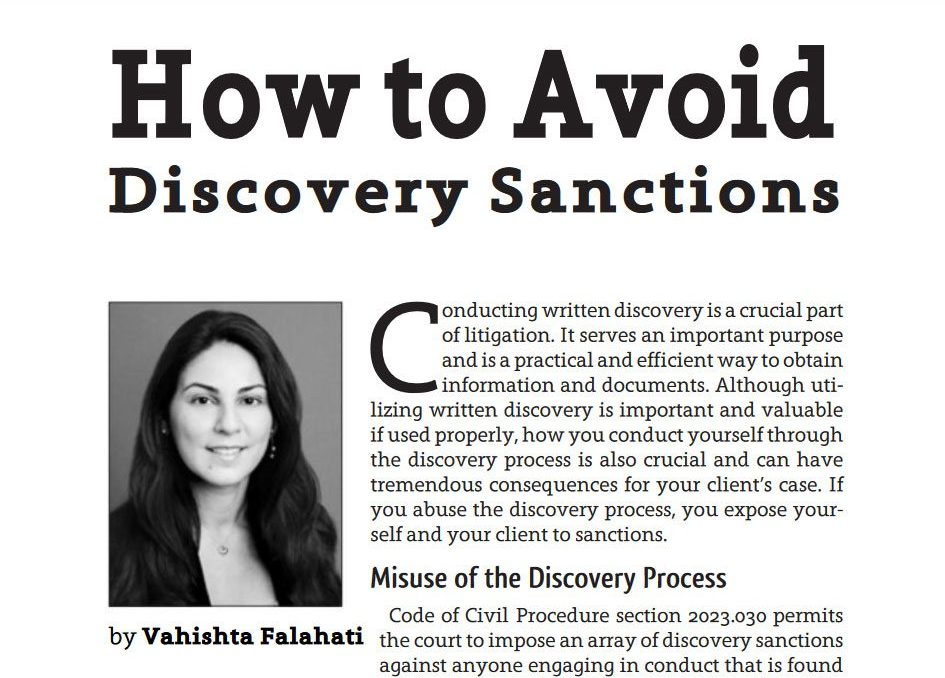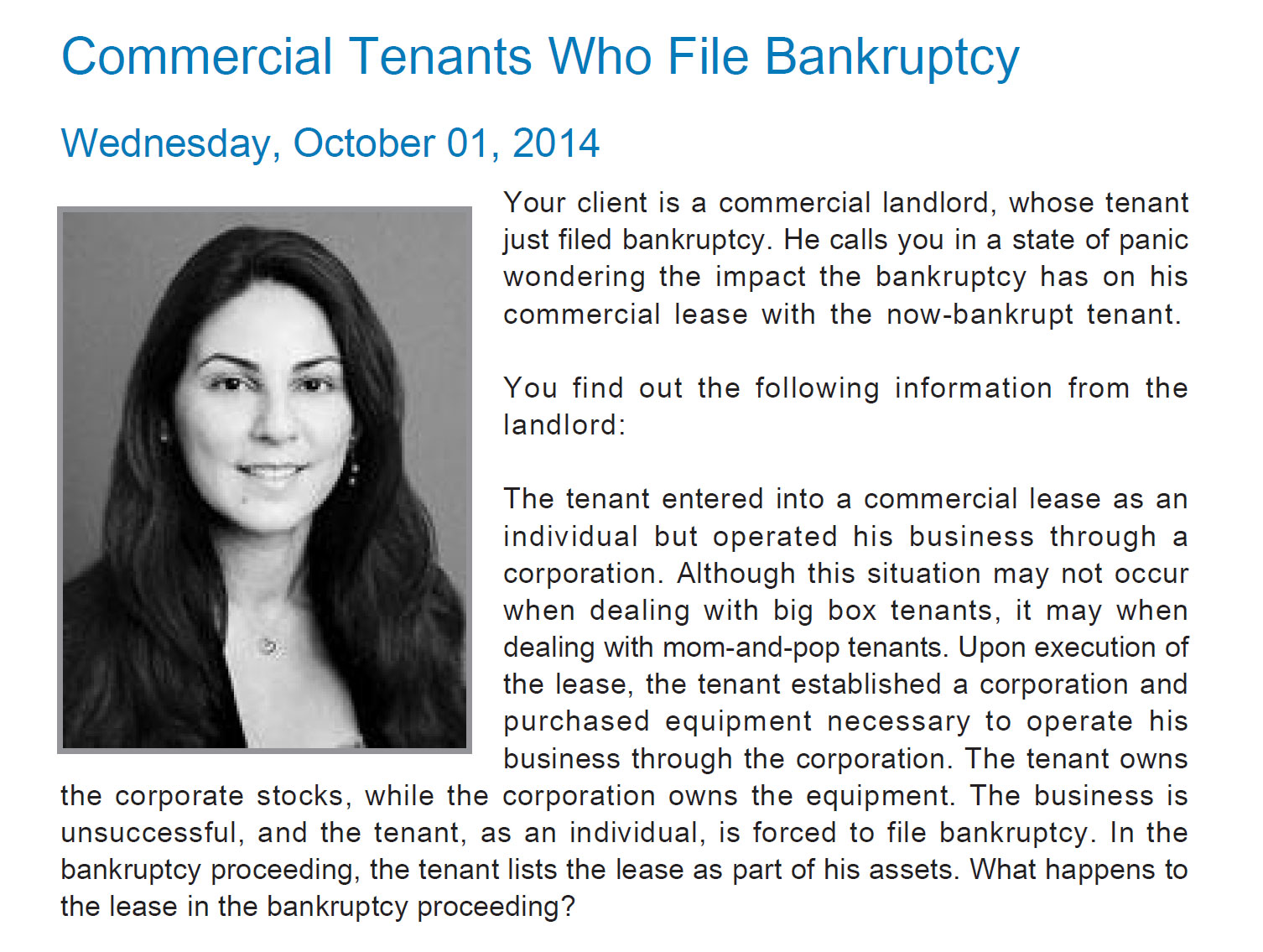This book covers every aspect of negotiating and putting together an office lease.
- Negotiating the lease and contract formation
- Dealing with defaults
- Bankruptcy and security deposits, letters of credit
- Green leasing issues and standards
- Negotiating tenant rights and restrictions
- Landlord concessions
- Premises and common area issues
- Utilities and services, repairs and maintenance
- New construction, additions, alterations




